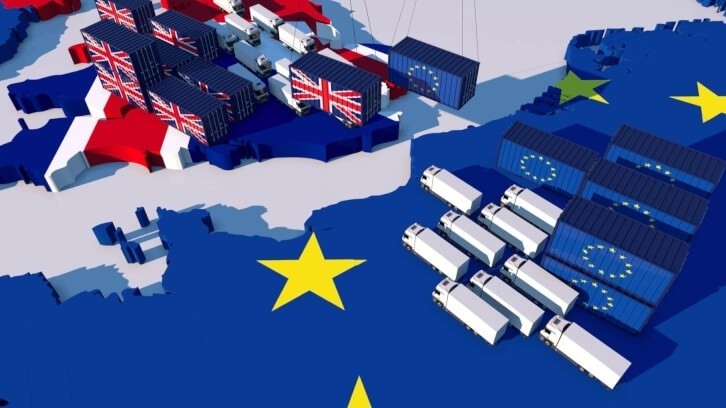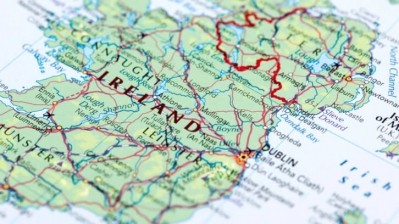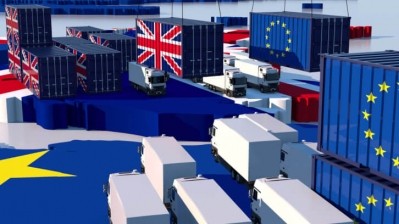News
F&B sector left disappointed after common user charge announcement

The charge is part of the changes to import controls under the Border Target Operating Model (BTOM), and will apply to UK businesses importing a consignment of goods that either enters or transits through the Port of Dover or Eurotunnel, or is eligible for sanitary and phytosanitary (SPS) checks at a government-run border control post in England.
According to the announcement, the charge will be applied to each commodity line in a common health entry document (CHED) up to a limit of five. However, it will not be attached to products such as low-risk plants, goods for personal use and plant products checked at an inland control point.
Rates for imports range from £10 to £29 per item depending on their nature and invoices will be issued by Defra on a monthly basis, with the first invoices set to be issued no sooner than 12 weeks after 30 April.
Furthermore, the common user charge will be charged in addition to any inspection fees applied by the port health authority or Animal and Plant Health Agency.
A spokesperson for The Food and Drink Federation said that the announcement offered “long overdue clarity” but put businesses in a race against time to get ready.
“[The announcement] leaves businesses with less than a month to prepare for a crucial aspect of the new border model, which will have a knock-on impact on financial and procurement decisions,” the spokesperson continued.
“It’s disappointing that there has been a shift in approach away from multiple items being included under a single declaration with one charge, to businesses being charged per item, which will significantly increase costs for companies bringing in mixed product loads, and disproportionately impacts SMEs.
“We await to see the impact of this move on non-government operated ports, who have long been waiting for these fees to determine their own rates.”
Striking a similar note, Cold Chain Federation chief executive Phil Pluck said that the “last minute” announcement was “extremely disappointing”.
“It is leaving affected businesses little time to revise their commercial arrangements with EU customers,” added Pluck.
“This is in no way helpful to UK based importers and the whole EU supply chain. It reinforces the Government’s slapdash approach to a vital part of UK PLC.
“Our main concern is that this is now certain to negatively affect food prices. The confirmation that common user charges will apply from 30 April means that UK importers of medium and high-risk goods will have to pass this cost onto either the EU importer, the smaller UK retailer, or the UK consumer.
“EU exporters are also shouldering the additional cost of Health Certificates which may discourage many from exporting food and plant products to the UK in future.
“Ultimately, this will increase business costs and food prices and potentially lower choices for the shopper."
When asked for comment, a Government spokesperson told Food Manufacture that the charges set to be applied are "at the bottom end of the range which we consulted with industry on".
“The charge is designed to recover the costs of operating our world-class border facilities where essential biosecurity checks will protect our food supply, farmers and environment against costly disease outbreaks entering the UK through the short straits," the spokesperson continued.
“The charges follow extensive consultation with industry and a cap has been set specifically to help smaller businesses. We are committed to supporting businesses of all sizes and across all sectors as they adapt to new border checks and maintaining the smooth flow of imported goods.”
In other news, Sleaford Quality Foods has opened its new £750k innovation centre.
















